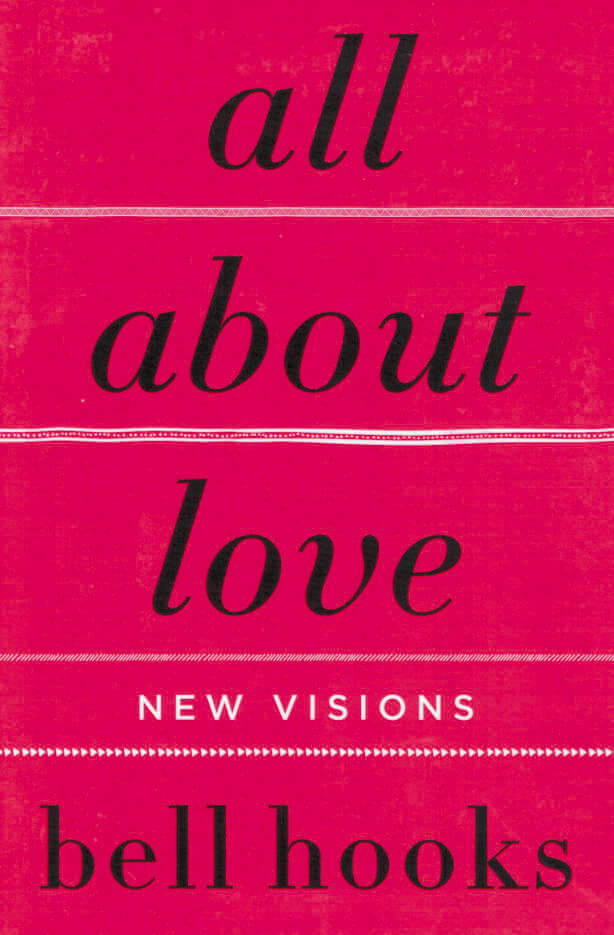
Caliban et la Sorcière
Silvia Federici revisite ce moment particulier de l’histoire qu’est la transition entre le féodalisme et le capitalisme, en y introduisant la perspective particulière de l’histoire des femmes.
Elle nous invite à réfléchir aux rapports d’exploitation et de domination, à la lumière des bouleversements introduits à l’issue du Moyen Âge. Un monde nouveau naissait, privatisant les biens autrefois collectifs, transformant les rapports de travail et les relations de genre. Ce nouveau monde, où des millions d’esclaves ont posé les fondations du capitalisme moderne, est aussi le résultat d’un asservissement systématique des femmes. Par la chasse aux sorcières et l’esclavage, la transition vers le capitalisme faisait de la modernité une affaire de discipline. Discipline des corps féminins dévolus à la reproduction, consumés sur les bûchers comme autant de signaux terrifiants, torturés pour laisser voir leur mécanique intime, anéantis socialement. Discipline des corps d’esclaves, servis à la machine sociale dans un formidable mouvement d’accaparement des ressources du Nouveau Monde pour la fortune de l’ancien.
Le capitalisme contemporain présente des similitudes avec son passé le plus violent. Ce qu’on a décrit comme barbarie et dont aurait su triompher le siècle de la raison est constitutif de ce mode de production : l’esclavage et l’anéantissement des femmes n’étaient pas des processus fortuits, mais des nécessités de l’accumulation de richesse. L’auteur nous invite à partager son son regard d’historienne et de féministe sur la situation actuelle et sur ses mécanismes.
Essai, traduction de l’anglais (États-Unis) par le collectif Senonevero, revue et complétée par Julien Guazzini
Silvia Federici (née en 1942 à Parme en Italie) est une universitaire américaine, enseignante et militante féministe révolutionnaire. Elle est professeure émérite et chercheuse à l’Université Hofstra à New York.
Language: French





